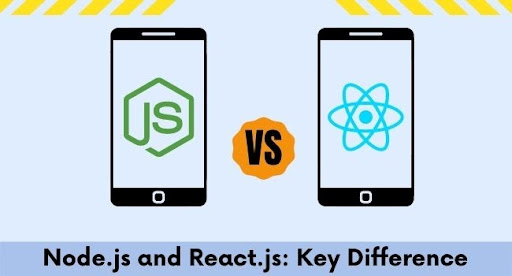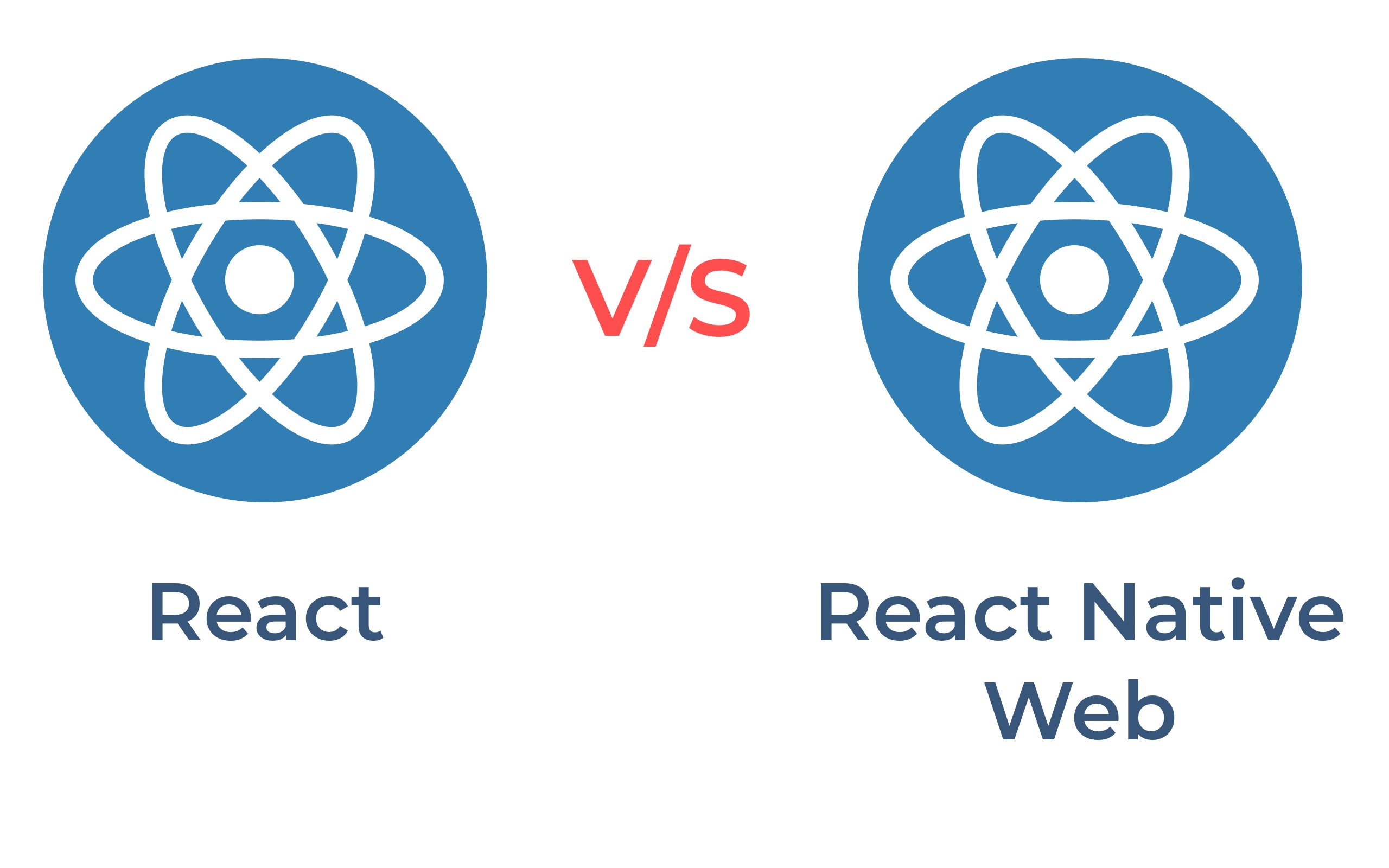NodeJS IDEs are becoming very popular in the market and developers are using them to create lightweight applications. The integrated development environment (IDE) also allows the developers to manage side-by-side and asynchronous development functions effortlessly. It is necessary to control the script by editing and debugging it in the development process. Businesses must hire NodeJS developers in India to accomplish that, especially the ones who can make the most of the best NodeJS IDEs available in the market.
Now, these tools can also assist programmers in other aspects of coding as well like compiling and deploying software code. It is also important to mention that all the NodeJS IDEs work on many programming languages. But they surely have one in common, i.e. JavaScript. Now, you came here to discuss the code editors for NodeJS application development. So, let’s get started on the topic.
Best IDEs for NodeJS app development
IntelliJ IDEA
IntelliJ IDEA is a free and open-source IDE for Java and other programming languages used to develop software products. It also supports all the major platforms such as Linux, Mac OS X, Windows, iOS, and Android.
IntelliJ IDEA provides powerful refactoring capabilities, code completion, and many more features. It also enables the developers to build customized plugins that could extend the functionalities of an application.
Some of the key features of this tool include:
- Code completion – IntelliJ IDEA provides extensive code completion options that allow users to quickly add new variables, methods, or classes to a project without much hassle.
- Code inspection – IntelliJ IDEA also lets users inspect their code in real-time to identify bugs and other issues. The IDE also includes advanced debugging capabilities like stack traces, call stacks, and breakpoints which are essential for debugging purposes.
- Refactoring – Refactoring lets you modify your source code by adding new methods or removing existing ones without changing the source file structure. You can even copy or move entire files or folders within your project using this feature!
IntelliJ IDEA supports many databases and frameworks such as MySQL, PostgreSQL, H2, and Derby. And the apps for Android are built with Android Studio which is included in the latest version of IntelliJ IDEA.
IntelliJ IDEA includes a built-in debugger that works with many other IDEs. You can debug Java applications or the Android SDK itself.
Cloud 9 IDE
Cloud 9 IDE is a cross-platform open-source IDE for building mobile and web apps with React Native and JavaScript. You can use this code editor to create native mobile applications as it is built using VueJS and Electron too.
It has a modern user interface that makes it easy to write your code, run it in the simulator and debug with breakpoints. It also includes a ton of features like hot reloading, multiple code editors, Sass support, live reloading, and more!
Cloud 9 IDE is a web-based IDE that runs on your browser, with code editors and debuggers integrated into the browser. It’s also got a ton of plugins to extend its functionality. With Cloud9 you can develop your Android application on your desktop or laptop computer, and then deploy it to Cloud9 via FTP or SFTP.
Cloud 9 is more than just an IDE, though — it’s also a marketplace for plugins and scripts. You can use it to create your demos and tutorials, or you can just download them from the marketplace.
The creator of Cloud 9 says that the goal is to make it easy for people to share their work with others who might be interested in it.
Atom
Atom is a NodeJS IDE used widely among developers to build web applications. It was created by GitHub and is intended to be used in tandem with their version control system. The best thing about Atom is that it comes with a very minimalistic and clean interface. You can also customize the look and feel of the editor with themes.
Atom is based on the text editor that comes with Mac OS X, which makes it familiar to Mac users. Atom is open-source so you can use it for free. If you want to pay money for it, they have a limited free license that allows you to create up to 5 sites per license.
It supports almost every programming language out there, including JavaScript, Python, Ruby, and so on. It also supports several languages for web development like HTML, CSS, LESS, and Sass along with some support for building mobile apps with Cordova if you want to experiment with that.
It provides some extra features, such as syntax highlighting, auto-completion, and the ability to run arbitrary commands in the file system of a project.
Sublime Text
Sublime Text is a lightweight code editor which can be used across multiple platforms. The project held for the development of this IDE is quite popularly known around the world as the Sublime Text project. It is a general text editor for prose, markup, and code.
But it has many other features as well, such as an intelligent auto-complete system that learns from what you type and suggestions for new completions based on context (like from functions or other user-defined commands).
Sublime Text is available on Windows, OS X, and Linux; it also runs in a browser window using the WebIDE extension. The program starts with some basic syntax highlighting as well as preset snippets but if you want to customize it more there are thousands of themes available in different colors and styles.
SublimeText also comes with many plugins that make your editing experience even better. Let’s discuss a couple of them.
- Coda 2 – A great plugin that allows you to open files directly into Coda 2’s editor (which offers even more options than Sublime’s built-in editor).
- Vintage – Vintage is a stylish plugin that gives you access to all of the Sublime Text’s built-in themes and colors, plus some other cool features like smart quotes and italics.
Visual Studio Code
Visual Studio Code (VS Code) is a lightweight, cross-platform editor developed by Microsoft. It is free and open source. VS Code has a built-in debugger, unit testing framework, and support for extending it with extensions written in Python, JavaScript, and TypeScript.
You can run your applications natively on any platform including Unix, Linux, macOS, Windows, and more because VS Code is based on an Electron desktop environment. The basic version of this NodeJS IDE tool can be downloaded for free. But to use the advanced features, you have to pay the price.
The free version lets you create websites using pre-made templates, but it doesn’t have the same level of customization as the browser-based editor provided by Microsoft’s Visual Studio.
Visual Studio Code is an amazing tool for developers of all levels, but it has some unique features that make it stand out from other editors. For example, it comes with an excellent plugin system that allows you to use extensions or add-ons to solve problems with your code or make your workflow easier.
Final words
All the NodeJS IDEs are code editors that provide an environment that helps the developers do their work more efficiently. These tools can come in handy during a software development process. They not only save you time and effort but also enable you to create applications with clean code and rich features.
Now, which one of these tools we discussed in this blog do you like? You can suggest more such tools in the comments section below. Also, it would be appreciated if you share the feedback about these NodeJS IDEs in case you have used any one of these before.





